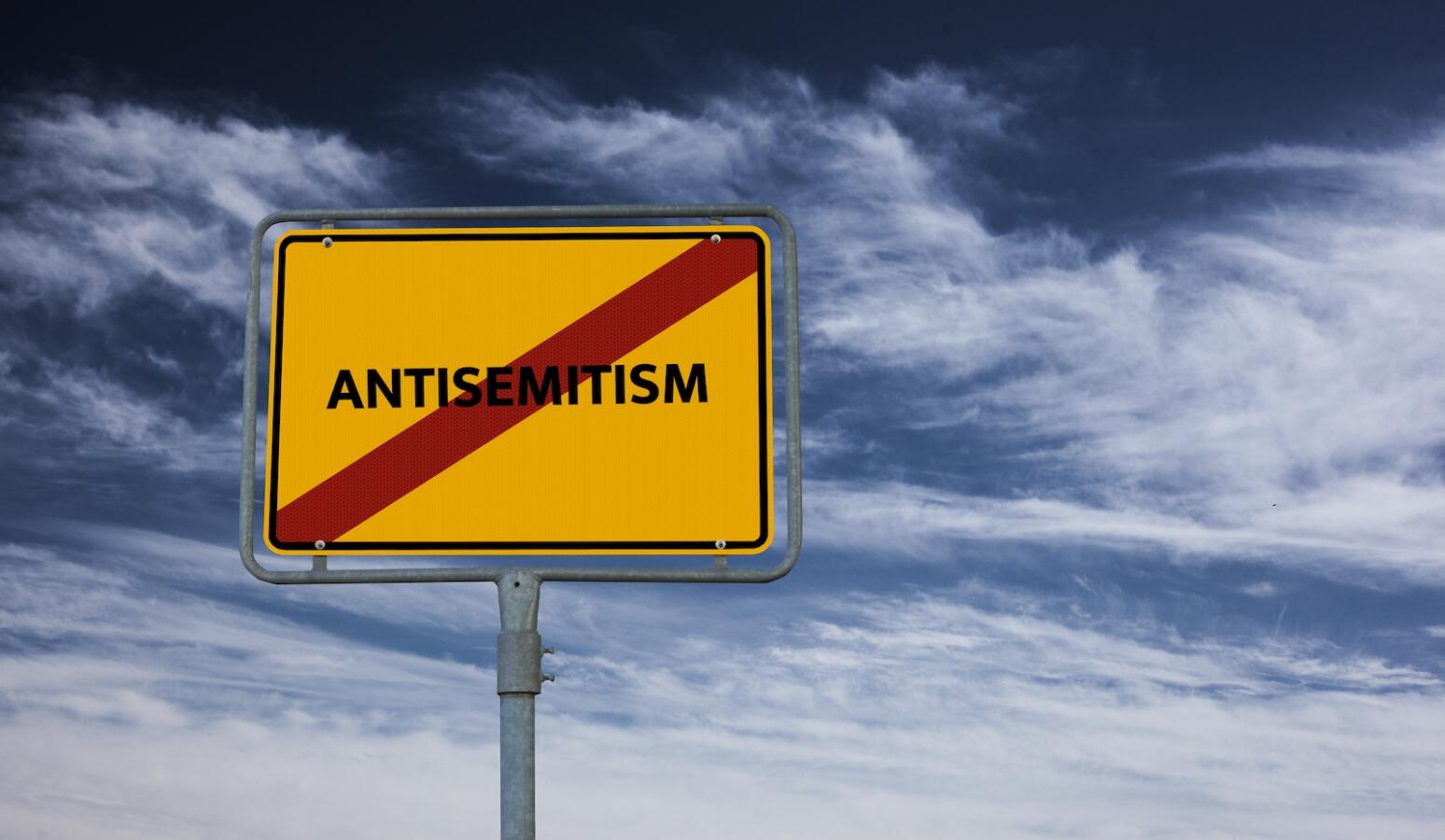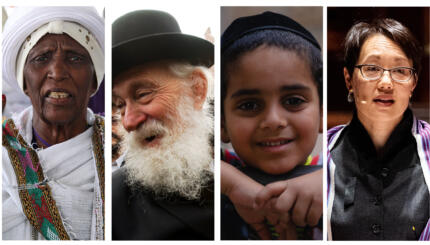It is much easier to describe how anti-Semitism works than what works against it.
Anti-Semitism is a hatred. At heart, it is a conspiracy theory positing that Jews conspire to harm non-Jews. Like most conspiracy theories, it provides easy answers to difficult problems.
Of course, the world’s problems are rarely simple. Neither is anti-Semitism, but we sometimes choose to look at it as if it is, perhaps for reasons similar to why anti-Semites seek easy answers too.
The first of the usual bromides is Holocaust education. Surely it’s important that people know about the Holocaust. But how is teaching about the Wannsee Conference and Kristallnacht going to change people whose anti-Semitism is connected to seeing Jews with guns lording over their Muslim brethren in the West Bank? Or those, already well-educated in Holocaust terminology, who gleefully use terms like “ethnic cleansing” and “genocide” to describe Israeli actions that may be discriminatory, but are certainly not Nazi-like?
And what about law? Hate crime law is important. When someone is victimized based on who they are, the damage isn’t done to them alone, but to the community of which they are a part as well as society at large. Yet we tend to put too much faith in law. Some advocate defining anti-Semitic sentiments in legal terms. Inevitably, lawsuits and threats of lawsuits follow, grounded in objections to expressions, that transform the debate into one about free speech. When law is used this way it can become a black hole, sucking away the ability to look at non-legal responses that might be more effective.
So, what do we do about anti-Semitism?
First, our lens has to be wider. Anti-Semitism grows when leaders stoke our tendencies to define an “us” and a “them,” even if it isn’t about Jews. The gunman who killed 11 people at the Tree of Life Synagogue in Pittsburgh in 2018 wrote online shortly before the attack that the Jewish immigrant aid group HIAS “likes to bring invaders in that kill our people.” That language echoed President Trump, who had been warning about “invaders” coming north. Jews were harmed when hatred of others was stoked. And while virtually everyone saw the Tree of Life massacre as an act of anti-Semitism, who would call the shooting of Mexicans and Mexican-Americans at the Walmart in El Paso the following year anti-Semitic? The white supremacist ideology of the two shooters was nearly identical, they just decided on a different target.
Second, let’s prioritize strategies that turn the free speech rights of anti-Semites against them. When neo-Nazis threatened a march against the Jewish community of western Montana in 2017, people pledged that if the march went ahead, they would donate money to things the haters detested, such as anti-bias education, hate crime training, and increased security for the Jewish community. The neo-Nazis now had a disincentive to march, the people directly threatened felt supported, and people around the world who wanted to do something positive could. (The march never ended up happening.)
Third, get involved, personally and financially, with groups opposing hate. National organizations have their place, but there’s more bang for the buck with local groups that research, program, and advocate against hate and for human rights. Groups like the Montana Human Rights Network, Political Research Associates, and the Western States Center, for example.
Fourth, strengthen democracy. Hate of all kinds grows when democratic institutions — a free press, independent judiciary, and so on — are weaker. When anyone’s civil or human rights are under threat from political leadership, anti-Semitism is likely to grow.
Fifth, craft institutionally appropriate strategies. Anti-Semitism plays out differently in different places and effective strategies will play to the self-perception of the particular institution and how it can be improved. On campus, for instance, strategies to combat anti-Semitism should be about making the academy stronger, promoting critical thinking and academic freedom, and protecting all students from harassment. As a longtime Hillel director once told me, “If you make it about Jews, you lose.”
Sixth, form coalitions. Jewish groups should form sustained coalitions with non-Jewish racial and religious groups, both in the United States and abroad. The organized Jewish community used to do more of this, and the decline of intergroup relations and has had a cost.
Seventh, call out our own. To combat anti-Semitism effectively, and make it a phenomenon of the extremes rather the mainstream, we need to call it out among our political allies as strongly – perhaps even more strongly – as we do among our opponents. Sometimes the Jewish community actively undercuts this message. On both the left and the right, if a public figure has what is viewed as the “correct” stance on Israel, statements that play into anti-Semitic tropes tend to be diminished and even disregarded.
Eighth, social science shows that bigotry is reduced when people from different backgrounds are exposed to each other in meaningful ways that produce a level of joint identity. So encourage new projects that have this goal. Imagine a national service program in which a Jewish kid from New York, a Black kid from Atlanta, and a Hispanic kid from Texas work on a project with American Indians. Get kids out of their comfort zones, have them form a team with diverse people they might never have come across before, and give them a mission to improve some part of society — together.
Finally, we need more testable efforts to understand the best ways to combat hate — not only on the individual level, but also on the group, societal, and political levels. When it comes to fighting anti-Semitism, too often we are shooting in the dark. The more we encourage research about anti-Semitism, the more we’ll know about new and better ways to confront it. Keeping our focus on finding new and better approaches, rather than assuming the usual answers like Holocaust education and hate crime prosecutions will suffice, the better we’ll be able to control anti-Semitism in the decades to come.
With your help, My Jewish Learning can provide endless opportunities for learning, connection and discovery.



